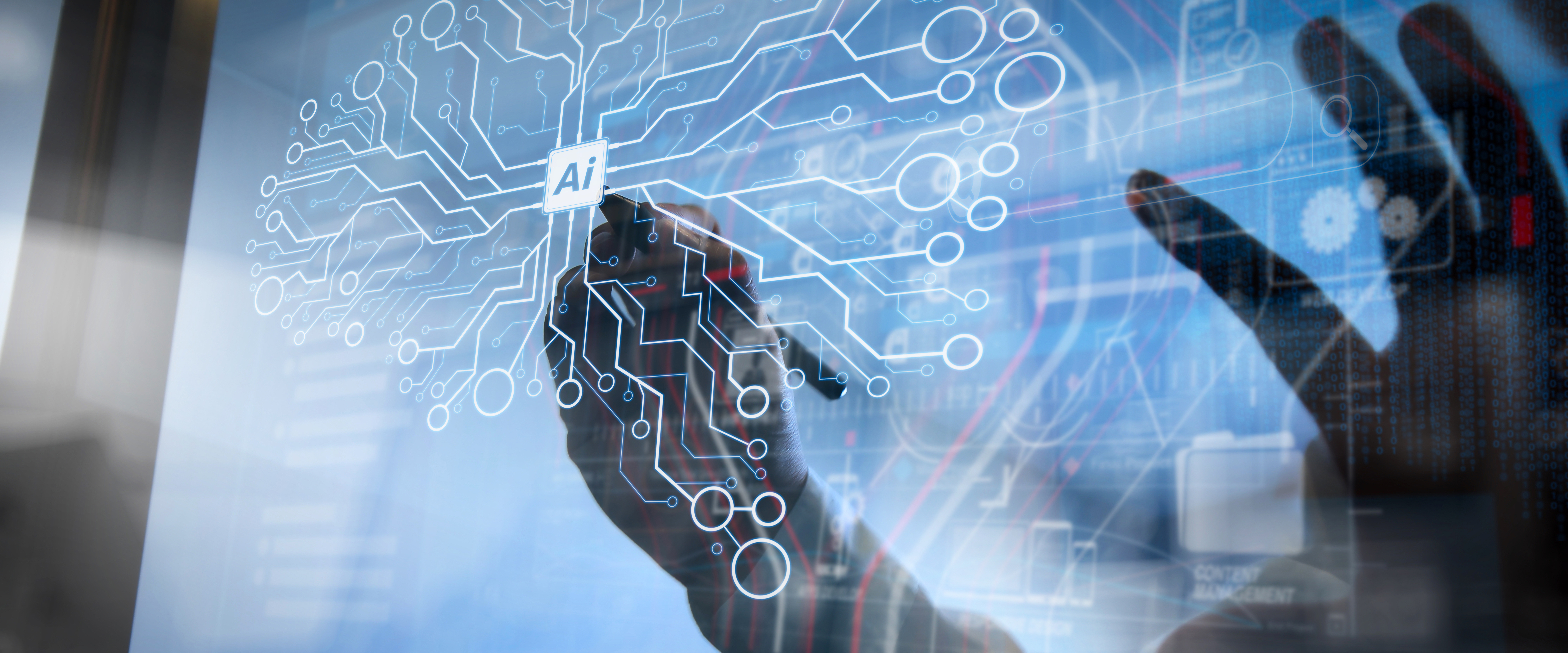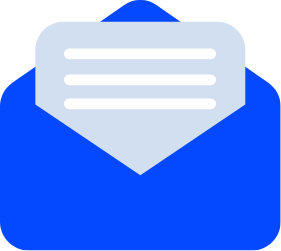



Job hunting for neurodivergent people: ‘AI recruitment means I’ve got zero chance’ was the title of a recent article in the BBC. Artificial Intelligence (AI),machine learning with data mining technology on virtual dashboard.
Job hunting for neurodivergent people: ‘AI recruitment means I’ve got zero chance’ was the title of a recent article in the BBC. No doubt that AI is taking the world by storm, every day we see new applications for its use; from hugely improving the time to develop vaccines, to autonomous vehicles and language processing.
And this is very much true for HR. I have a seen variety of applications for AI to analyse, predict and diagnose to make better decisions in functions such as training, onboarding, recruitment, performance management, retention etc. That said, AI is still relatively immature in HR compared to other functions, largely because of cost.
Many of the HR professional a speak to have strong ambition to find new ways to use AI and as an innovation person I am always looking for the applications of new technology and AI. At uFlexReward we’ve have had huge success embedding AI into our employee sentiment modules, turning mountains of long qualitative feedback into measurable, quantifiable insights. AI is the cool new kid on the block.
But for that reason, it is often pushed too casually, it can become a default answer to everything, “can’t we get an AI to do that” and it can often feel like AI pushed though innovation channels without proper cause.
AI has advanced hugely in recently years, but true productivity has only really been in one particular type of AI: machine learning. Other forms of AI, such as quantum processing and neural networks are much less so, and we are still quite far away from thing you could deem truly “intelligent”. Machine learning is usually only good at one very specific task, and it requires vast amounts data – input and outputs – often collected from real human beings. It uses this data to decide based on all the past inputs what’s the most likely output.
The consumer grade AIs we now have access to, such as those form Amazon, Microsoft, Google, and IBM are ultimately the collective thinking of thousands of people. And here is where th problem lies; that collective is likely to have very human biases. The BBC article is just one of many examples where the effects are more obvious, many more the effect may not be so clear.
This story of caution is particularly true for HR, which is a social science, its focus is people. Technology has been a great enabler of transparency and fairness, but AI could bring with it the biases of the past. When it comes to applications such as hiring people, deciding their pay, and assessing their performance, HR professionals should take this kind of bias very seriously.
Stuart Smith
https://www.bbc.co.uk/bbcthree/article/c62bcab6-db6f-4026-90bb-7f508705a65b
